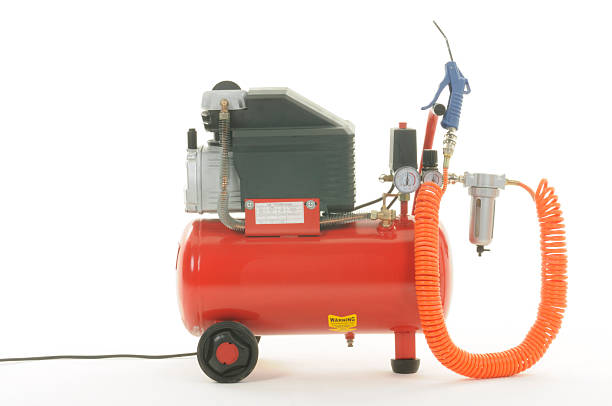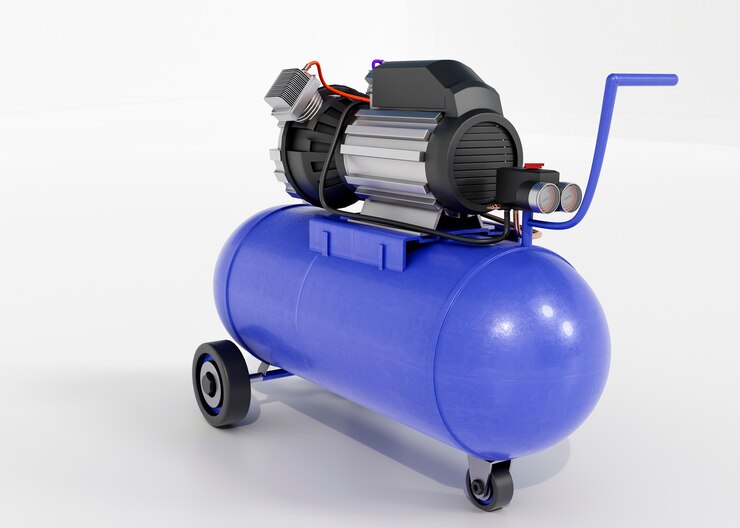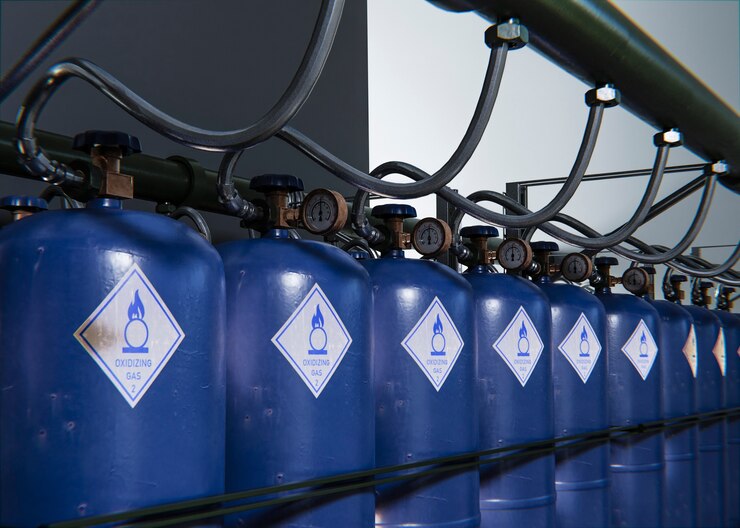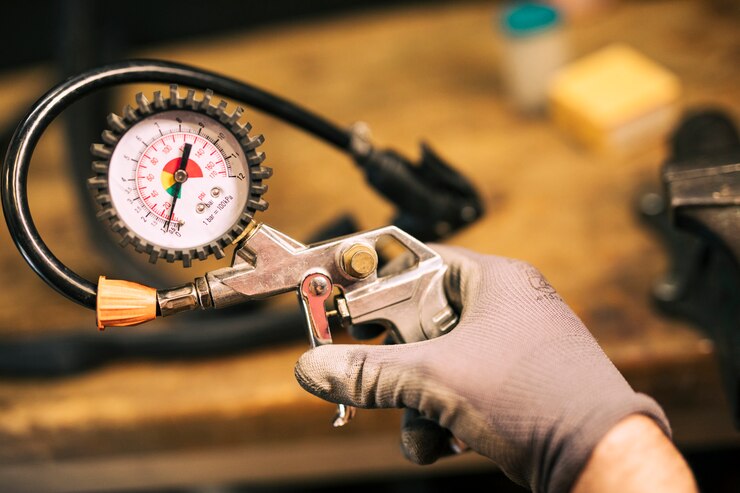The Secret Weapon of Clean Air: Unveiling Hofer Diaphragm Compressor
Hofer Diaphragm Compressors: The Workhorse of Clean Air Technology
In the industrial sector, Hofer diaphragm compressors have made a name for themselves thanks to their dependability, effectiveness, and clean operation. Hofer diaphragm compressors are great for applications that require pure, uncontaminated air because of their oil-free construction, in contrast to standard piston compressors that use oil for lubrication. This article explores the world of Hofer diaphragm compressor, including its benefits, uses, methods of selection, advice for troubleshooting, and important factors including durability, chemical compatibility, and noise levels.
Advantages of Hofer Diaphragm Compressor: Exceptional Features
When it comes to advantages over traditional compressor technology, Hofer diaphragm compressor is superior. Below is a summary of their main benefits:
- Hofer Oil-Free diaphragm compressor operation:
Since there is no oil lubrication, there is no chance of oil contamination in compressed air. This makes them ideal for critical applications in the chemical processing, food and beverage, and pharmaceutical industries where even a minute amount of oil can have a negative impact on the quality of the final product.
- Flexibility:
Due to their outstanding material compatibility, these diaphragm compressors can handle a wide range of gases, including sterile, dangerous, and corrosive ones. Its durability and adaptability to many industrial processes stems from its flexibility.
- Low Maintenance:
There is less need for maintenance because of the simple design and small number of moving components. In contrast to the regular maintenance required by piston compressors, diaphragms—the primary component—are usually the sole worn parts and only need to be replaced occasionally.
- Operation Silence:
When compared to piston compressors, Hofer compressors typically produce less noise during operation. They are appropriate for noise-sensitive locations because of their silent functioning.
- Precise manage:
Because of the design’s ability to precisely manage flow rate and pressure, these devices are perfect for sensitive applications that call for particular gas delivery characteristics.
- Compact Design:
A lot of Hofer compressors are small and light, making it simple to integrate them into current systems.
Applications for Hofer Oil-Free Diaphragm Compressors in Various Industries
The adaptability, dependability, and oil-free nature of Hofer diaphragm compressor make them a preferred option in a variety of sectors. Here are a few well-known uses:
- Food and Beverage Processing:
Hofer compressors produce oil-free compressed air, which is beneficial for inert gas purging to avoid oxidation, pneumatic ingredient transfer, CO2 transfer, and aeration for carbonation.
- Chemical Processing:
Because of these compressors are compatible with a wide range of materials, they are an effective choice for applications involving pneumatic instrumentation control, metering and dispensing chemicals, and transporting hazardous or corrosive gases.
- Pharmaceutical and medical:
These compressors are experts in producing clean, oil-free compressed air that is necessary for sterile air supply systems, medical equipment, and laboratory sample processing.
- Environmental Technology:
These compressors are frequently used for their clean air output in aeration in wastewater treatment, emission control systems for industrial processes, and air sampling for pollution monitoring.
- Other Uses:
Because of their precise control, oil-free construction, and silent operation, these compressors are widely used in labs, R&D centres, electronics production, and analytical instruments.

How to Choose the Right Hofer Diaphragm Compressor for Your Needs
Many criteria need to be carefully considered when choosing the right Hofer diaphragm compressor for your application. These include:
- Requirements for Flow Rate and Pressure:
To make sure the compressor you’ve picked can sufficiently fulfil the needs of your application, figure out the necessary gas flow rate or CFM or PSI). They provide a selection of types with different capacities for pressure and flow rate.
- Gas Type:
Take into account the kind of gas you intend to compress. These compressors work with a variety of gases; however, be sure the material composition of the type you select is appropriate for the gas you intend to use.
- Duty Cycle:
Determine the duty cycle of the compressor, which is the proportion of time it will run continually. It provides versions with varying duty cycles or for intermittent or continuous usage.
- Noise Level Considerations:
If minimising noise is important to you, look at models made especially to run quietly. For settings where noise levels are a concern, Hofer provides low-noise diaphragm compressors.
- Environmental Considerations:
Take into account the temperature range, possible exposure to dust or moisture, and other aspects of the operating environment. Select a model with the right environmental requirements.
Hofer Diaphragm Compressor Troubleshooting Guide: Maintain Peak Performance
Hofer diaphragm compressor is known for their dependability, yet malfunctions may happen to even the most trustworthy worker. Using the fundamental troubleshooting techniques in this tutorial, you can maintain the smooth operation of your compressor:
- Performance Issues:
Look for air leaks around connections and fittings if your compressor isn’t producing the desired pressure or flow rate. Check for wear or damage on the diaphragm and clean the air intake filters. For detailed troubleshooting instructions pertaining to pressure management, consult the user handbook.
- Unusual Noises:
Although these compressors are silent machines, strange sounds may point to possible issues. A clicking sound might indicate a problem with the valves, and excessive vibration could be an indication of loose fasteners. Refer to the user manual for troubleshooting loud parts.
- Compressor Won’t Start:
If the compressor isn’t starting, check the power source and make sure it’s turned on correctly. Look for blown fuses or tripped breakers. For further instructions on electrical troubleshooting, consult the handbook.
Preventive Maintenance is Key:
The key to preventive maintenance for these compressors to operate at peak efficiency and last a long time, routine planned maintenance is essential. For advice on suggested maintenance schedules and methods, consult the user handbook.
You can make sure these compressors remain a dependable workhorse for many years to come by using these easy troubleshooting techniques and routine preventative maintenance.
Conclusion:
LEiYAO Compressors is prepared to meet client demands and provide goods at a reasonable cost. Get yours now to experience the compression of the future!



